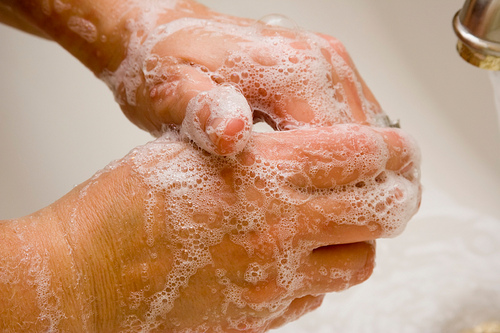National OCD Awareness Week has been held to raise awareness of a condition that impacts one in 100 adults and two in 200 children worldwide.
OCD, which stands for Obsessive Compulsive Disorder, is often generalised as being neat, clean and obsessive over organisation.
However it is much more than that and, in some cases, can severely disrupt every aspect of someone’s life.
The condition is labelled as a choice and not a real mental health issue leaving those diagnosed feeling judged and alienated.
Leanne Schoenike, 59, helps run the Everything OCD community page on Facebook that aims to support those living with or around the condition.
Acting as an advocate for the condition for 11 years following her son’s diagnosis, she said: “I have not met one person with OCD that enjoys having OCD.”
Leanne describes it as “debilitating disorder that involves intense fear and anxiety” as well as it invading work, school, relationships, recreation and relaxation.
“You feel crazy and proper treatment does not cure OCD, but it helps to manage it,” she added.
Doctors diagnosed Leanne’s son and they sought treatment early on and felt embarrassed having to find help far from home because of the ongoing negative stigma.
“The media distorts the reality and severity of the disorder, leading the public to believe it’s a mild personality quirk to be celebrated,” she said.
Tracy Foster, a counsellor specialising in OCD, wishes that people had understanding and empathy and more knowledge around how debilitating the disorder is.
In her work she sees the negativity surrounding OCD, saying it can leave people embarrassed and that they are “not good enough”.
National OCD Awareness Week ran from 8-14 October.
There are organisations such as OCD-UK, with information about the reality of living with OCD as well as supporting someone with the condition.
See https://www.ocduk.org to learn more.


 Successful summer for sustainable seaweed cigarette butt holders in Bournemouth
Successful summer for sustainable seaweed cigarette butt holders in Bournemouth